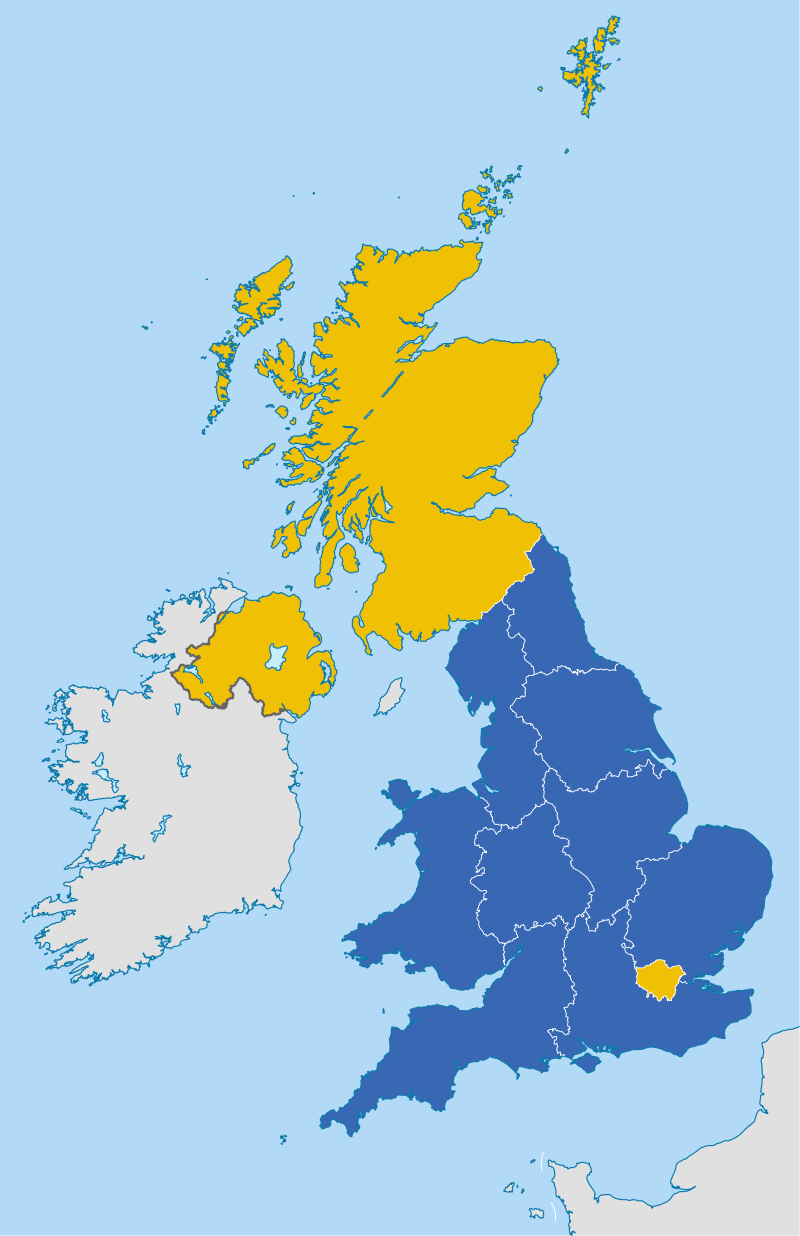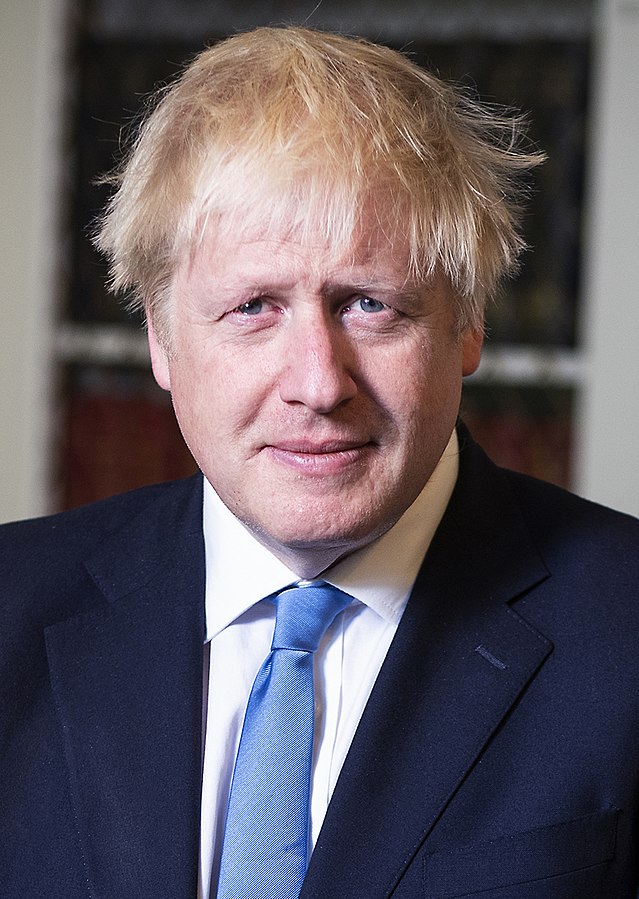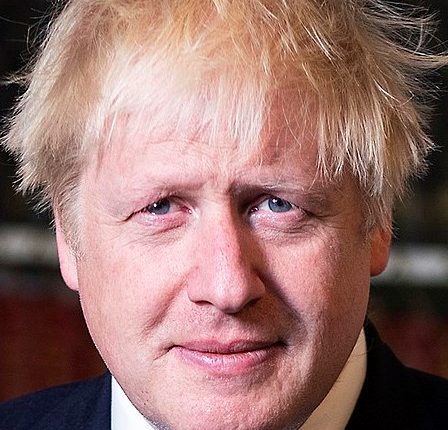The United Kingdom and the European Union have agreed a post-Brexit trade deal after almost a year of wrangling marred by petty spats over issues including fishing rights and bilateral trade deals.
British Prime Minister Boris Johnson late Christmas Eve UK time announced “We have taken back control of our laws and our destiny” saying the deal reached was a “good deal for the whole of Europe”.

Britain officially ceased to be a part of the European Union last year, but will next week, at the coming of January 1st, also cease to be akin to EU trade rules after decades as one of the leading import-export nations in the now 27 nation bloc.
The European Commission President, Ursula von der Leyen, speaking in Brussels, Belgium announced the deal had been reached after “a long and winding road but we have got a good deal to show for it.”
She went on to call the deal “fair” and also “balanced” saying it is “time to turn the page and look to the future”. The UK “remains a trusted partner,” she went onto say.
It remains to be seen how the British public will react to Mr. Johnson reportedly giving up a further two years of European access to British fishing grounds – a long time sticking point in negotiation – after he said “The EU began with I think wanting a transition period of 14 years, we wanted three years, we’ve ended up at five years.”

And, crucially, in overnight reports now coming from England, it is understood the main British opposition party, Labour, are set to back the deal when Parliament reconvenes next week.
Labour leader Keir Starmer has already said that while it is “a thin agreement” that “does not provide adequate protections” and “is not the deal the government promised” the UK is left with “this deal or no deal” and that would mean “terrible consequences for this country and the Labour Party cannot allow that to happen.”









